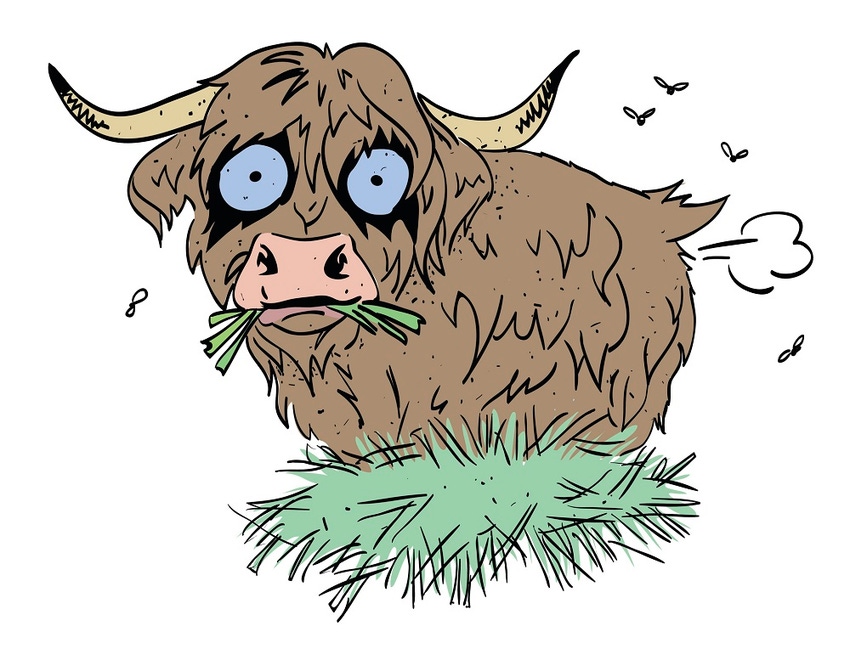
A new story in Science Daily says Baltic clams and worms release as much greenhouse gas as 20,000 dairy cows.
I find this story humorous.
Above all, I see real irony in the ongoing adherence by researchers to the now-climate-change-formerly-global-warming ideology, which was really nothing more than a cooked-up financing scheme to fund global government. As a scientific entity, it was never more than a weak hypothesis, yet it has been legislated into a state of quasi-officialdom by governments worldwide, including our own. It is junk science and yet scientists adhere to its dictates.
To wit, I have on several occasions accosted agricultural researchers I trust as to why they keep including so-called greenhouse gas calculations in research that really has little or nothing to do with the climate at all. Their answers have universally been that they can't get published if they don't.
So without endlessly belaboring the point, I'll point out evidence you should examine on your own, and extensively, about three things which show the utter folly of the entire global-warming-anthropomorphic-climate-change fairy tale.
1. Sun spot science tells us it is the sun that drives global warming with higher sunspot activity, and allows cooling with lower sunspot activity. It is the key factor in warming and cooling cycles for the earth.
2. Ice core science has shown over thousands of years that carbon dioxide increases after global temperatures rise, not before. That is the opposite of the "climate-change" claim. Also, it helps us understand that CO2 levels today are near all-time lows in the measureable history of the earth. CO2 was once the No. 1 enemy cited by the global warming crowd, but seems to be less the villain these days as other gasses are more often named as big and bad. For example, in the above referenced clam-and-worms study the researchers discuss methane and nitrous oxide.
3. Climategate is the ongoing corruption of the global measurements of temperature and proves the books must be cooked to attain the "warming" numbers predicted and claimed.
Before I leave this topic, I must add that we humans do create large-scale regional climate change on continents by damaging the soil and life which depends on it and thereby decreasing the evapotranspirative cycle and therefore decreasing rainfall inland, as well as decreasing the productivity of the soil and even causing large-scale desertification as we see across North Africa, for example. Estimates vary, but the little bit of reasonable science on the topic I have read suggests up to half of the rainfall on large land masses can come from the recycling effect of plants transpiring water stored in soils, if those soils are healthy and full of life and lush with plant growth.
The second thing about the clams-versus-cows greenhouse-gas story that amuses me is the irony that either of these life forms, both of which have always been naturally occurring across all of the earth for perpetuity, are causing some sort of catastrophic change by way of a gas vital to all life cycles on earth -- CO2 in particular.
Remember that fossil records and other early historical data suggest massive numbers of ruminants and hind-gut-fermenters once roamed and tended all the worlds grasslands and savannahs. Further, fishing records alone tell us the oceans were once far more populated with life than they are today. These types of information and a bit of pondering should tell us clearly that such populations are a natural part of earth's ecosystem and nothing to be feared.
The idea that clams and worms are causing the same horrible damage to the global environment as those awful cows somehow fills me with mirth.
About the Author(s)
You May Also Like




